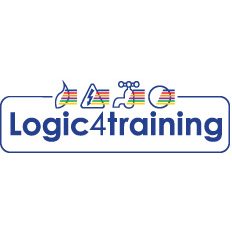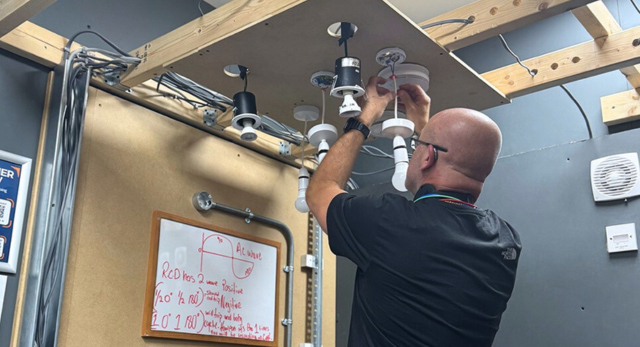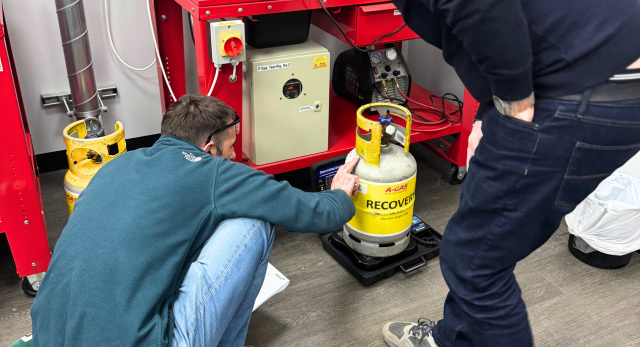If you want to trade legally as a gas engineer then you must complete the appropriate gas safety courses in order to take your place on the Gas Safe Register, the body in charge of maintaining standards within the industry.
Gas safety training, or Accredited Certification Scheme (ACS) courses are necessary prior to applying to the Gas Safe Register. As a starting point, candidates must complete Core Gas Safety (CCN1) initial training and the subsequent assessment, plus appliance training in equipment related to their line of work – Central Heating & Hot Water (CENWAT), Cookers (CKR1) and Space Heaters (HTR1), for example. To maintain a place on the Gas Safe Register, installers must be re-assessed every five years.
When it comes to gas, there’s no sense in cutting corners. Trading illegally may cost you a hefty fine and ultimately put customers’ lives at risk – keeping up to date with gas safety, through training, is important for your business and more importantly, your conscience.
Prior to undertaking the CCN1 course (and appliances), you must have completed an NVQ level 3 in plumbing or gas heating – ACS training is part of the gas apprenticeship. For candidates who have not completed the appropriate NVQ but have transferable skills, or have been working under the guidance of a Gas Safe Registered installer, we offer new entrants training – Approved Prior Learning courses.
If you are completely new to the sector, our Access to Building Services, C&G 2000 (Level 1) training delivers a background in a range of trades, including gas heating, providing a stepping-stone onto an apprenticeship programme.
Whatever your route into the industry, if you want to be a gas heating engineer, gas safety courses are imperative in order to maintaining your place on the Gas Safe Register.









